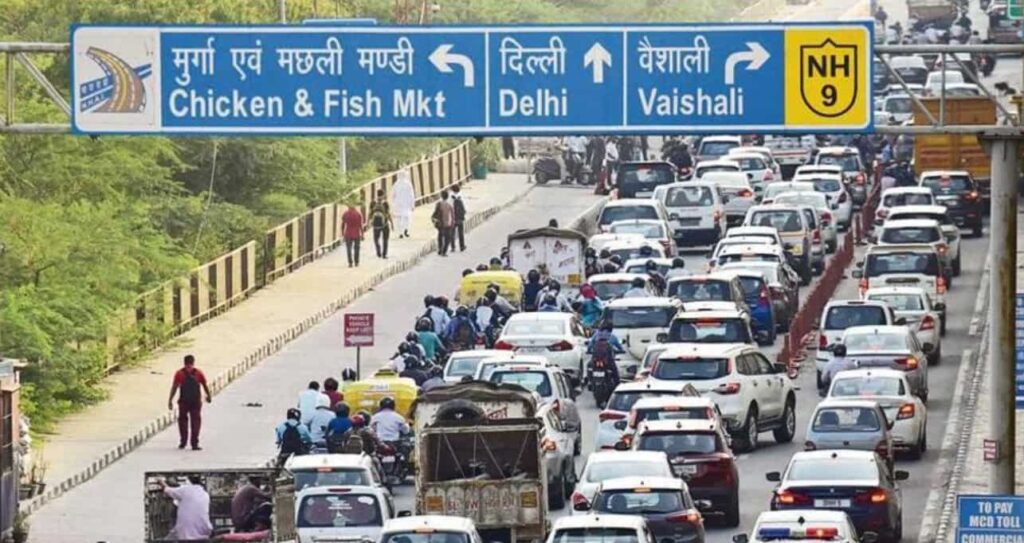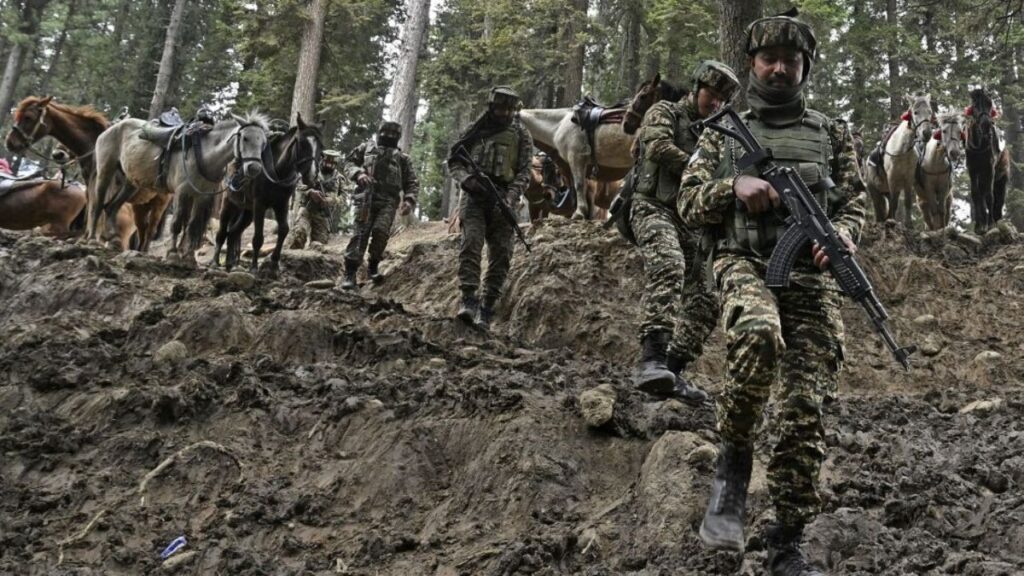
E-challans for expired pollution certificates: India’s ‘e-detection’ system to combat pollution
Ahead of winters that usually bring lethal smoke season to the national capital city of Delhi, the Indian government is planning to introduce an e-detection system to crack down on aged vehicles still plying on the roads.
The new system, fully online, will help authorities track petrol and diesel vehicles, older than 10 and 15 years respectively, and those with outdated pollution certificates. The system will generate e-challans automatically and is expected to be fully operational before the upcoming Diwali festival season.
Why is it required?
The government aims to keep pollution levels in check amid fears that winters may again turn Delhi into a ‘gas chamber’ for the residents. By cracking down on aged vehicles, the government hopes to address the issue.
As of now, it’s not feasible for the authorities to check every vehicle entering Delhi for pollution certificates. According to officials quoted by the Times of India, the new system largely solves this problem and makes enforcement easier.
How will the new system work?
The new e-detection system would be fetching data from the vehicles’ FASTags as soon as they enter Delhi and cross National Highway toll plazas at borders. All details of the vehicle, including photograph and registration, will then be matched with the Vahan data base, the central repository of all vehicles which has details of the year of registration and validity of documents such as fitness, permit and pollution under control certificate.
Then, the transport department would be able to identify vehicles running without necessary permits and certificates and then issue fines under the Motor Vehicle Act.
To begin with, the National Highway Authorities of India (NHAI) will share the details of vehicles passing through its toll plazas every few hours for matching with Vahan database and subsequently it will be made real time.
The government plans to eventually roll out this system for the whole of the country.
(With inputs from agencies)





Responses